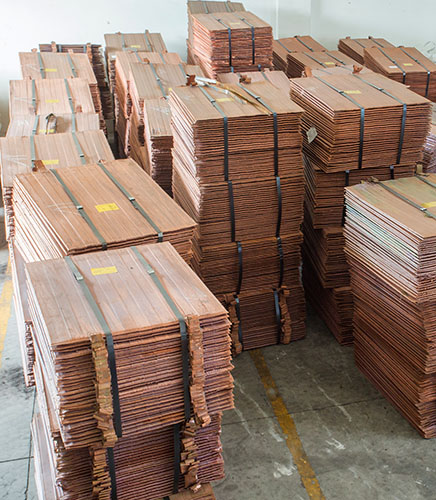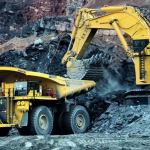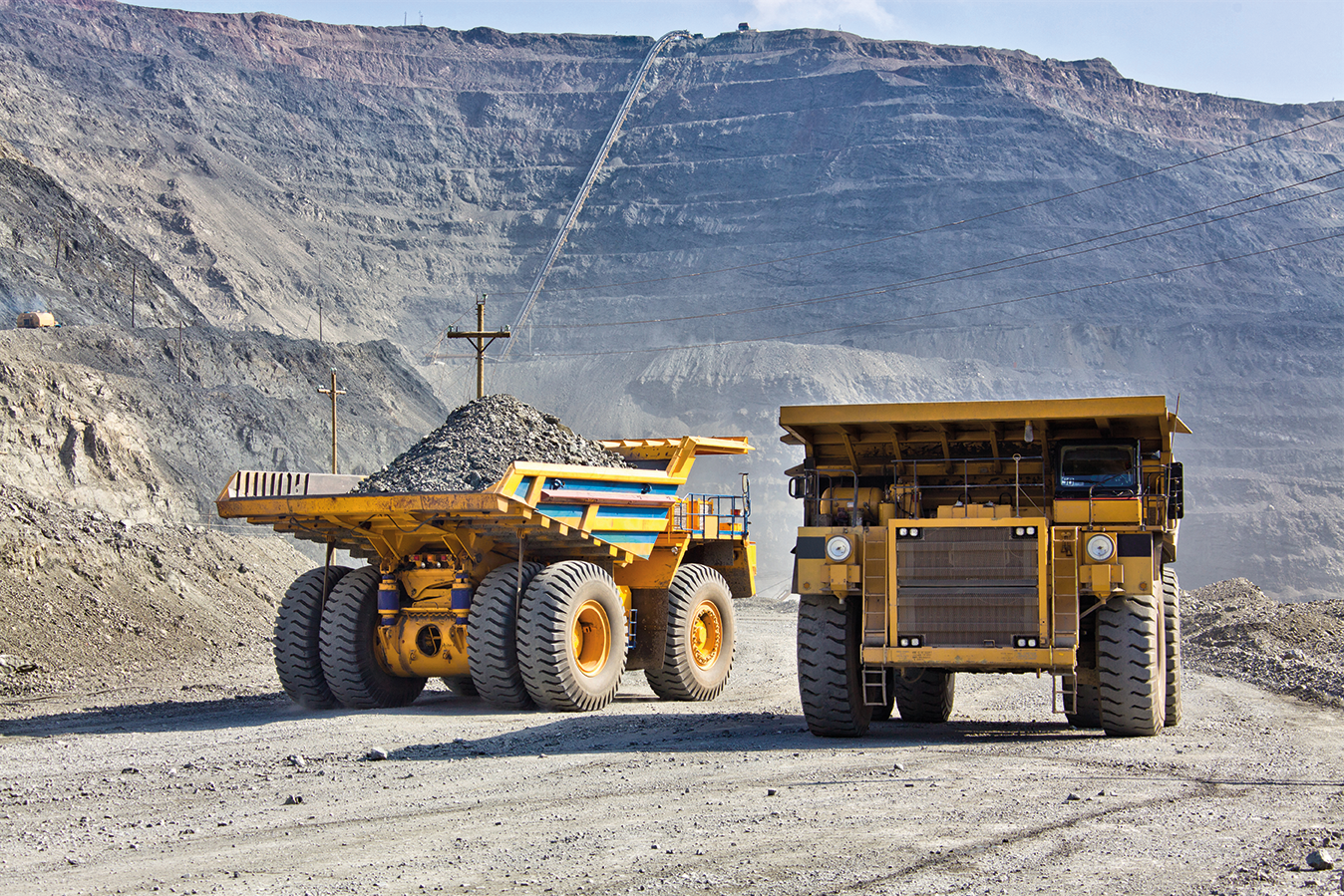At last year’s US Africa leaders summit in Washington the US signed an historic memorandum of understanding with Zambia and the Democratic Republic of Congo to develop an electric vehicle battery supply chain.
At the summit, Zambian President Hakainde Hichilema also announced that Kobold metals, an exploration firm backed by billionaires Bill Gates, Jeff Bezos and Richard Branson, will invest US$150 million to develop a new mine in Zambia.

Zambia is particularly well positioned to supply what the world needs. It has substantial reserves of copper and cobalt, critical metals for the transition from fossil fuels to renewable energy. Due to their broad uses in wind and solar powered technology and electric vehicle production, these metals will play a crucial role in a low carbon future.
Zambia has 6% of the world’s copper reserves, and the metal accounts for up to 80% of its export earnings.
The coming copper boom presents Zambia with an extraordinary opportunity – to enable mining profits as well as to power inclusive growth.
But, as Zambia’s history shows, this is easier said than done. Successive rises in copper prices have not translated into reducing poverty or inequality. Zambia is still the fourth most unequal country in the world.
Based on our published research and expertise – including work with the International Growth Centre in the London School of Economics and engagement with the Zambian government on a research agenda for the country’s mining sector – we argue that Zambia can benefit from the energy transition underway. But it can only do so by harnessing the non-tax benefits of mining.
Non-tax benefits are the opportunities that stem from the mining activity itself. Most mining firms spend the bulk of their revenue on operational and capital expenditures, a larger share than goes towards either profits or government tax.
A non-tax benefit approach would mean that Zambian companies and workers would participate in mining’s value chain, and Zambian communities would benefit from the infrastructure needed to extract and move the bulk materials.
In the past, Zambia has been more focused on capturing tax benefits through changes to the fiscal regime. But a balanced approach of a stable mining taxation policy and the pursuit of non-tax benefits could deliver broader gains.
Zambia’s unequal growth story
Zambia’s track record for converting commodity booms into tangible benefits is mixed at best.















